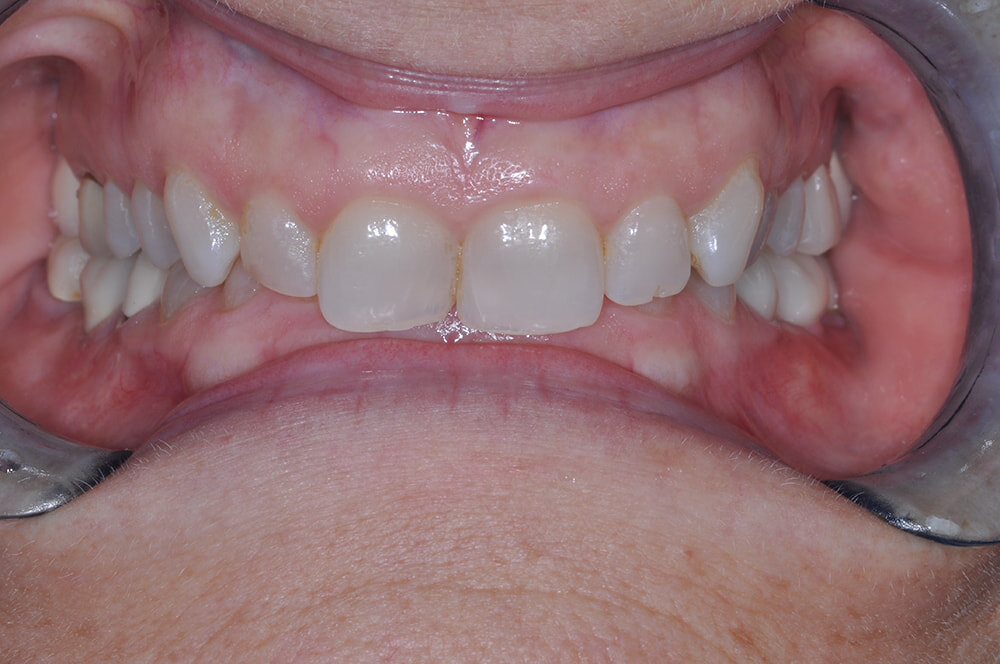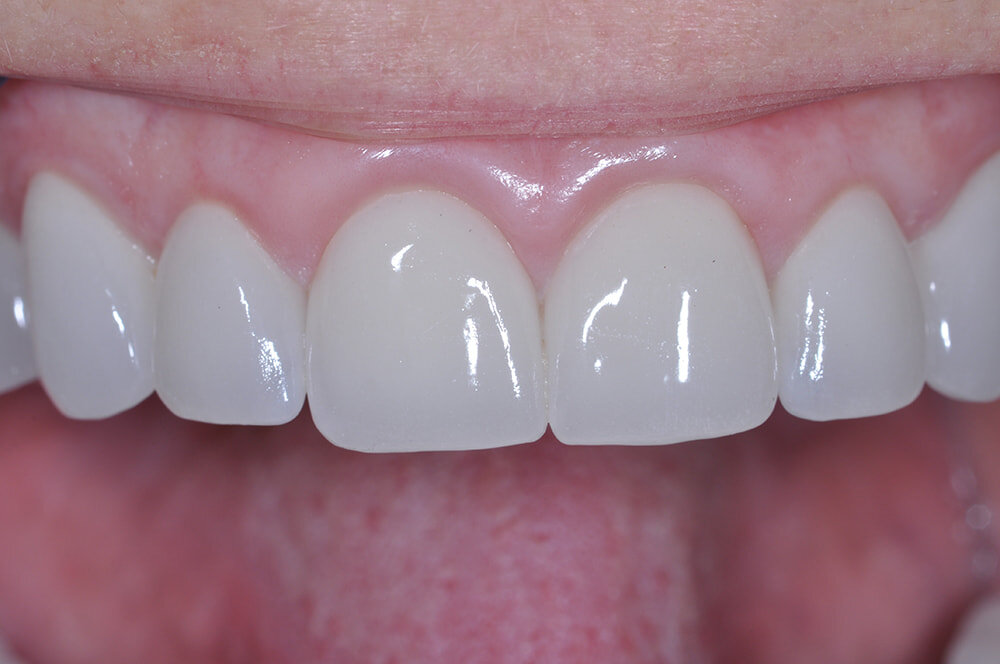Teeth Grinding
Do you wake up in the morning with a sore jaw or a headache? It could be that you are grinding your teeth in your sleep. Teeth should only come into contact with each other about five minutes each day. When you are chewing something, you should only have brief intervals of contact between the enamel surfaces of the teeth, which are, remarkably, the hardest substance in your body. If your teeth are following the normal function, you should only experience slight amounts of wear and tear over the years, although you may get small chips around the edges of your bite.
On the other hand, Dr. Cooke has found that patients who wake up in the morning with a headache or tender jaw may be having side effects from grinding their teeth during their sleep. If you notice that the surface of your teeth are starting to look flat, or if Dr. Cooke finds thinning enamel on your teeth during an examination, it may be because of teeth grinding. Most people that grind their teeth in their sleep aren’t even aware they are doing it!
Grinding your teeth is a subconscious habit. The cause of this is most usually stress, but there can be other causes. Grinding is not exclusive to night either, it can happen during the day also. The problem with teeth grinding is that it not only damages the teeth, but can overstress and enlarge the jaw muscles. This type of unneeded, regular force on the mouth can damage the jaw joints and, in addition, cause arthritis, sustained pain, and clicking or popping noises when the jaw functions.
Dr. Cooke is very adept at determining whether a patient is regularly grinding their teeth or not when he performs his standard, detailed examination. Creating strategies to help the patient manage this problem and reverse it can involve Dr. Cooke creating a specialized appliance for the patient to wear. Again, preserving the natural tooth as well as any restorative work is the ultimate goal in order to keep the patient’s oral health at its optimum.


